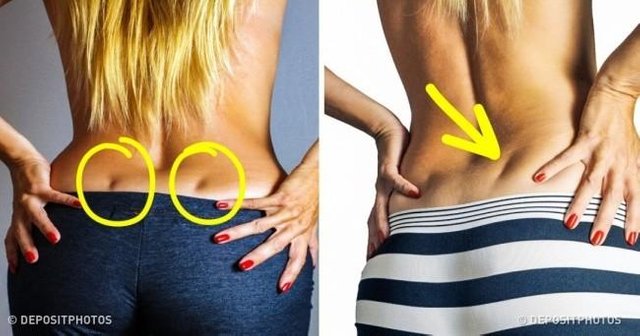99 Quick and Fascinating Facts About the Human Body

The only part of the body that has no blood supply is the cornea of the eye. It receives oxygen directly from the air.
The human brain has a memory capacity which is the equivalent of more than four terabytes on a hard drive.
A newborn child can breathe and swallow at the same time for up to seven months.
Your skull is made up of 29 different bones.
Nerve impulses sent from the brain move at a speed of 274 km/h.
A single human brain generates more electrical impulses in a day than all the telephones of the world combined.
The average human body contains enough sulphur to kill all the fleas on the average dog, enough carbon to make 900 pencils, enough potassium to fire a toy cannon, enough fat to make seven bars of soap and enough water to fill a 50-litre barrel.
The human heart pumps 182 million litres of blood during the average lifetime.
50,000 cells in your body died and were replaced by new ones while you were reading this sentence.
The human embryo acquires fingerprints within three months of conception.
Women’s hearts beat faster than men’s.
A man named Charles Osborne hiccupped for a total of 68 years.
Right-handed people live, on average, nine years longer than left-handed people.
About two thirds of people tilt their head to the right when kissing.
The average person forgets 90% of their dreams.
The total length of all the blood vessels in the human body is about 100,000 km.
On average, a person’s respiration rate is one third higher in spring than in autumn.
By the end of a person’s life, they can recall, on average, around 150 trillion pieces of information.
We lose 80% of our body heat from the head.
When you blush, your stomach also turns red.
A feeling of thirst occurs when water loss is equal to 1% of your body weight. The loss of more than 5% can cause fainting, and more than 10% causes death from dehydration.
At least 700 enzymes are active in the human body.
Human beings are the only living things which sleep on their backs.
The average four-year-old child asks 450 questions a day.
Not only human beings, but also koalas have unique finger prints.
Only 1% of the bacteria can result in the human body becoming ill.
Everyone alive on Earth could comfortably be placed into a cube with sides 1000 meters long.
The scientific name for the belly button is the umbilicus.
Teeth are the only part of the human body which cannot heal themselves.
On average, a person needs seven minutes to fall asleep